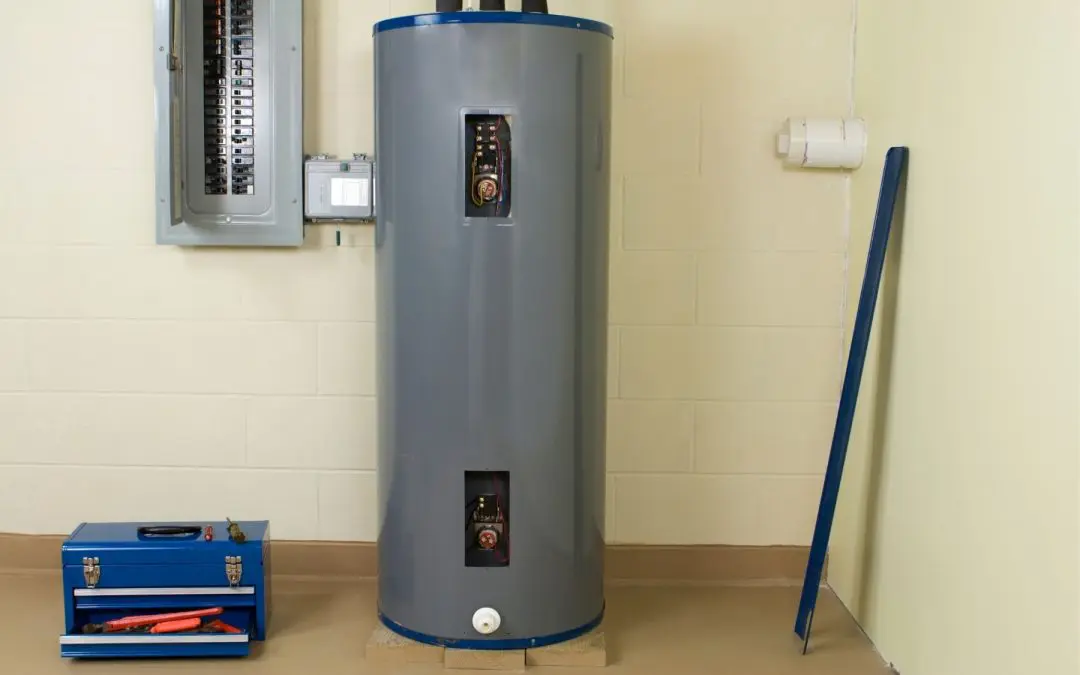Nothing snaps you awake faster than expecting a warm shower and getting hit with freezing cold water instead. Your water heater, though often out of sight and out of mind, is a vital appliance in your home, constantly providing hot water on demand. Like any hardworking piece of equipment, however, it can encounter issues. Understanding these common problems is the first step in preventing them and ensuring your hot water flows freely.
No Hot Water? Let’s Troubleshoot
A complete lack of hot water is a very frustrating issue. The cause could depend on whether you have a gas or electric unit.
A tripped circuit breaker is a common culprit for electric water heaters. Your breaker panel protects against electrical overloads; sometimes, the water heater draws too much power, causing the breaker to trip. Check your electrical panel and reset the breaker if it’s off. If it trips again immediately, a more significant electrical issue requires professional attention. Another possibility for electric heaters is a faulty heating element. Most electric water heaters have two elements, and if one or both fail, you’ll experience no hot water.
Gas water heaters rely on a pilot light or an electronic ignition system to ignite the burner. If your pilot light has gone out, you’ll need to relight it, following the instructions on the water heater itself. If your unit has an electronic ignition, a faulty igniter or a problem with the gas supply could be the issue. Ensure the gas valve is fully open. A thermocouple, a safety device that senses if the pilot light is lit, can also fail, preventing the gas valve from opening.
Not Enough Hot Water?
If hot water isn’t lasting as long or is running out quickly, this often points to a few common problems. Sediment buildup inside the tank is a frequent offender. Over time, minerals in your water settle at the bottom, reducing its effective capacity and acting as an insulator. This makes it harder for the heating elements or burner to transfer heat, forcing your water heater to work harder and decreasing its efficiency and lifespan.
Another reason for insufficient hot water could be a thermostat set too low. While setting the temperature very high is tempting, an excessively high setting can lead to scalding and encourages more rapid sediment buildup. A temperature of around 120 degrees Fahrenheit is generally recommended for safety and efficiency. For electric heaters, a failing lower heating element can also lead to a reduced hot water supply, as the top element heats a smaller portion of the tank.
Strange Noises from Your Water Heater
Is your water heater making popping, rumbling, or hissing noises? These sounds usually indicate sediment buildup. As the heating elements or burners try to heat the water, they also heat the sediment, causing it to crackle and pop. This diminishes your unit’s efficiency. A loud banging sound often signals a large piece of sediment breaking loose. Flushing your water heater regularly can prevent and alleviate these noises.
Leaks and Drips: A Warning Sign
Any water leaking from your water heater is a serious concern and needs immediate attention. A small drip can quickly become a major flood, causing significant home damage. Leaks can originate from several points. The temperature and pressure relief (T&P) valve is a safety device that releases pressure if it becomes too high. If this valve is dripping, it could indicate excessive pressure, an improperly sized expansion tank, or a faulty T&P valve itself.
Leaking from the top, often around pipe connections, might be due to loose fittings or corrosion. These are often easier to fix by tightening connections or replacing small pipe sections. However, if the leak is coming directly from the bottom of the tank (especially if the tank itself appears rusty or corroded), this is usually a sign of a compromised tank. Once the tank rusts through, replacement is the only viable option.
Foul-Smelling Hot Water
If your hot water has an unpleasant “rotten egg” smell, this is typically due to a harmless but annoying bacterial presence in the water heater. These bacteria thrive in certain conditions and react with the magnesium anode rod inside the tank, producing hydrogen sulfide gas, which causes the odor. Flushing the tank and potentially replacing the anode rod with one made of aluminum or zinc can help mitigate this problem.
FAQs
How often should I flush my water heater?
Generally, once a year to remove sediment buildup. If you have hard water, consider doing it every six months.
What is an anode rod, and why is it important?
The anode rod is a sacrificial rod (magnesium, aluminum, or zinc) inside the tank. It attracts corrosive elements, protecting the steel tank from rust and prolonging the life of your water heater.
How long do water heaters typically last?
A conventional tank-style water heater lasts 8–12 years. Tankless water heaters often last longer, up to 20 years or more.
Can I fix water heater problems myself?
Minor issues like re-lighting a pilot light or resetting a breaker can be done. However, always call a qualified plumber for gas lines, electrical issues beyond a tripped breaker, significant leaks, or internal component replacement. Attempting complex repairs without expertise can be dangerous and void your warranty.
How can I make my water heater more energy-efficient?
Beyond flushing, insulate hot water pipes near the heater and add an insulation blanket to older tanks. Setting the thermostat to 120 degrees Fahrenheit is also a good energy-saving measure.
Inspect It Neil provides home inspections to customers in New Jersey. Contact us to request our services.

